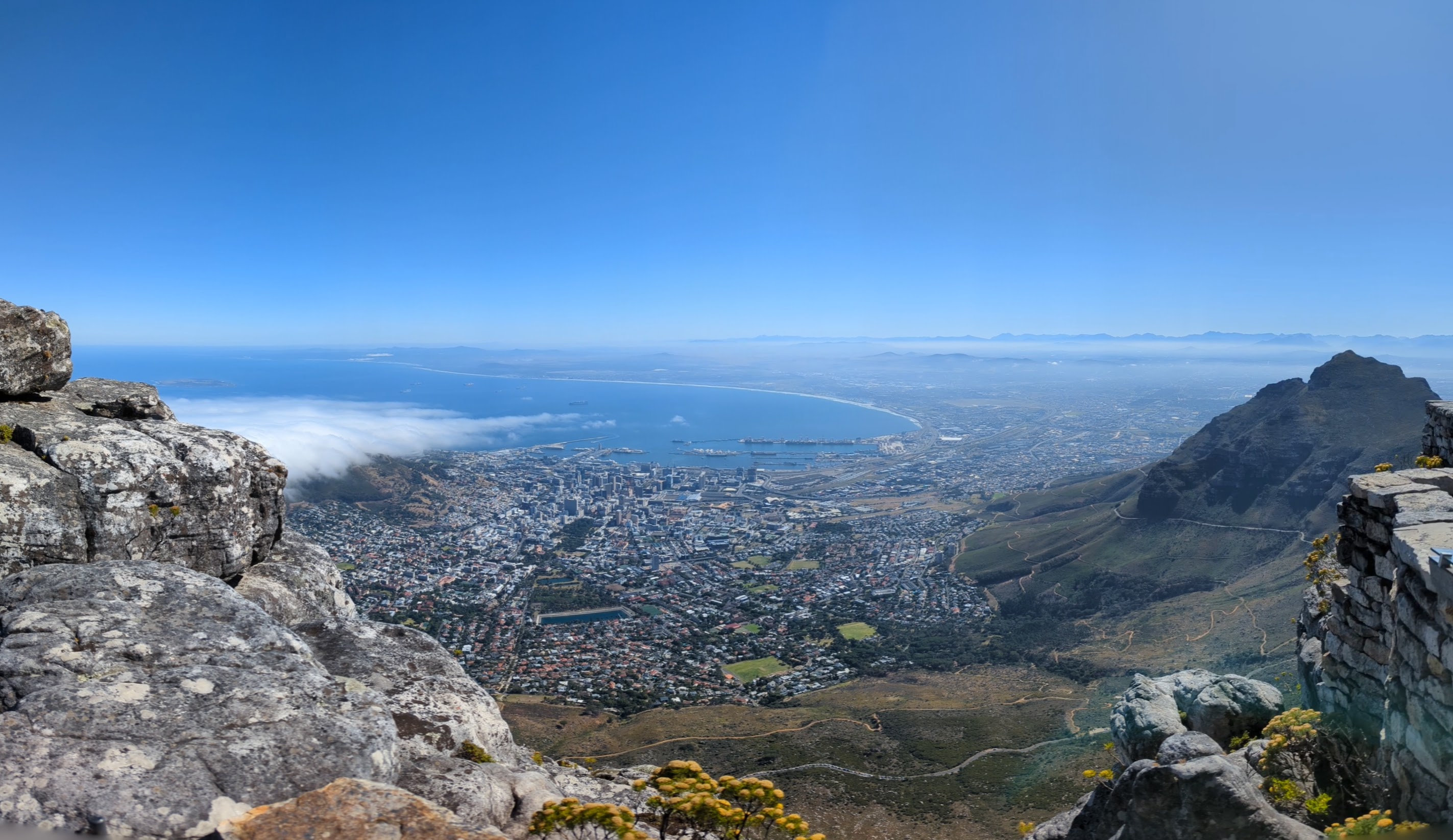The union representing Hollywood actors formally announced a strike on Thursday, expanding the standoff between Hollywood workers and studio executives over wages, AI technology, and how to divide the profits of the new digital streaming era.
The strike by the Screen Actors Guild-American Federation of Television and Radio Artists (Sag-Aftra) marks the first time in 63 years Hollywood writers and actors are striking simultaneously.
Hollywood writers went on strike in early May. Now the 11,500 members of the Writers Guild of America (WGA) will be joined by some of Sag-Aftra’s 160,000 members.
The simultaneous strikes are expected to halt the majority of Hollywood’s film and TV production, and have major effects on the broader Los Angeles economy. With some of Hollywood’s biggest stars on strike, press junkets for summer and fall movie premieres will be cancelled, and the Emmy Awards will likely be postponed. Workers across LA are gearing up to survive for weeks or months without wages.
Members of both Sag-Aftra and WGA voted overwhelmingly to authorize a strike if needed, a sign of their growing frustrations with what actors and writers have described as shrinking compensation for their work as film and TV shows have increasingly moved to online streaming platforms, and rising fears of how the industry might try to replace creative workers of all kinds with AI technologies.
In recent weeks, Hollywood’s top acting talent had made it clear they were willing to strike. In late June, a letter from Hollywood A-listers, including Meryl Streep and Jennifer Lawrence, urged their union leaders not to settle for a mediocre deal in what they saw as a historically important contract negotiation.
and the studios had been negotiating for weeks, but failed to reach an agreement by the deadline of midnight on Wednesday. In a statement on Thusday, the actors’ union said its negotiating committee had voted unanimously to recommend a strike, and that its national board would decide on the matter on Thursday morning.
It said: “After more than four weeks of bargaining, the Alliance of Motion Picture and Television Producers (AMPTP) – the entity that represents major studios and streamers, including Amazon, Apple, Disney, NBCUniversal, Netflix, Paramount, Sony and Warner Bros. Discovery – remains unwilling to offer a fair deal on the key issues that are essential to Sag-Aftra members.”
The Sag-Aftra president, Fran Drescher, said: “The companies have refused to meaningfully engage on some topics and on others completely stonewalled us. Until they do negotiate in good faith, we cannot begin to reach a deal. We have no choice but to move forward in unity, and on behalf of our membership, with a strike recommendation to our national board. The board will discuss the issue this morning and will make its decision.”
A strike is expected to have an immediate impact on publicity efforts for the summer’s top films; the Thursday evening premiere of Oppenheimer in London has been moved to start an hour earlier so the cast can attend regardless of the outcome. Other major commercial films including Barbie and Mission: Impossible – Dead Reckoning Part One have already hosted their world premieres, though their stars will be restricted from participating in further promotional events.
The strike might also delay the Emmy awards until late autumn, or even next year, industry publications reported.
Disney has announced that a 15 July premiere of its movie Haunted Mansion will still take place at Disneyland regardless of the strikes, though the film’s actors – including LaKeith Stanfield, Tiffany Haddish, and Jamie Lee Curtis – will not be present.
San Diego Comic-Con, scheduled to begin on 20 July, will be affected as well.
Hollywood writers have been on strike since 2 May. The beginning of that strike was marked by strong solidarity from Hollywood’s other unionised workforces, including the powerful Teamsters’ union, and Sag-Aftra members showed up in solidarity at Writers Guild of America picket lines, even before their own strike was called.
Anonymous industry sources told Deadline this week that studio executives did not plan to resume negotiations with the striking writers until late October.
“The endgame is to allow things to drag on until union members start losing their apartments and losing their houses,” an industry source was quoted as saying, with another saying the goal was to “break the WGA”. A spokesperson for the studios denied those anonymous claims, telling Deadline in a statement that the companies “are committed to reaching a deal”.


I think the view behind the anti-car movement is that there shouldn't be cars. Period. Doesn't matter what income bracket. Gas powered cars create huge amounts of pollution, all cars generate lots of waste and are in general very inefficient modes of transportation.
I believe in the end it advocates for busses and trains (above and below ground)as public transit. I think there's also a belief that infrastructure is supposed to be updated to support this. Busses get their lane, while most of a street is for people moving under their own power, be it walking, cycling or using a wheelchair.